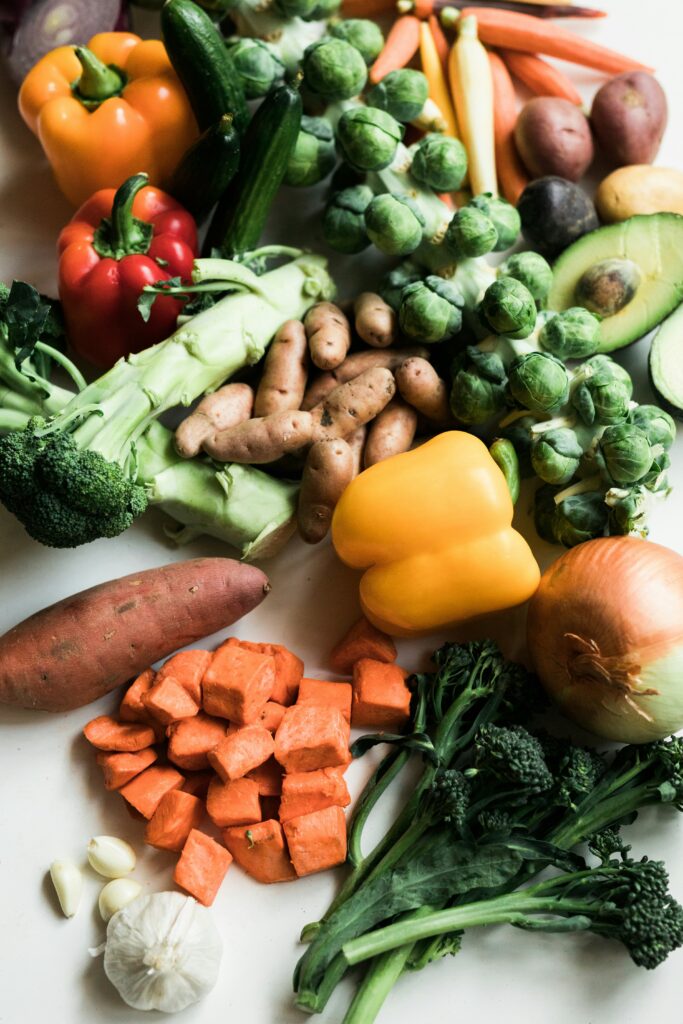
When we think of having a healthy diet, we naturally think of how this will impact our body. What we often overlook is how our diet impacts our mental health. Research continues to support this idea that our very diet can leave us more susceptible to negative moods and even our overall mental health (Firth et al., 2020; Selhub, 2022). Our brain requires food for both development and sustainability. This means what we eat is an important factor for how well our brain will develop and maintain functionality. We also know our brain plays a role in mental health down to the chemical reactions such as how Serotonin is related to mood. While there is no perfect diet and everybody has different challenges, there are some diets that have been researched and deemed to put us on a better path both physically and mentally. One very popular diet is The Mediterranean Diet. While there is no single type of Mediterranean Diet, when utilizing its common food list and structured routine, it has shown to provide extensive physical and mental health benefits such as reducing risk for heart disease and strokes, as well as improving mood (Restivo, 2023). Harvard health is one of many resources that provide a simple breakdown of frequency and types of food that should be part of our diet. The frequency and types of food should typically consist of the following:
High intake (several times a day)
- fruits
- vegetables
- whole grains
- nuts
- legumes
- extra virgin olive oil
Moderate intake (several times a week)
- fish/seafood
- poultry
- eggs
- dairy foods such as cheese and yogurt
Low intake (several times a month)
- sweets containing added sugars or honey
- red meat
Red wine is a popular drink that many may find surprising is permitted in this diet and may be consumed in low to moderate amounts, usually with meals. For those with allergies or even vegetarians, you may wish to consider alternatives for certain foods such as utilizing tofu as a substitute for meats in order to still get protein. While this may feel strict and limiting, it is possible and encouraged to be creative with our diets and make it our own unique plan. This can be seen how even The Mediterranean Diet has unique differences when compared to other cultural backgrounds, religions, geographic regions, etc. So have fun with it and begin your path to a healthier lifestyle with something everyone enjoys; eating!
Works Cited
Firth, J., Gangwisch, J. E., Borsini, A., Wootton, R. E., & Mayer, E. A. (2020). Food and mood: how do diet and nutrition affect mental wellbeing? BMJ, 369(1). https://doi.org/10.1136/bmj.m2382
Restivo, J. (2023, October 27). Guide to the Mediterranean diet. Harvard Health. https://www.health.harvard.edu/staying-healthy/guide-to-the-mediterranean-diet
Selhub, E. (2022, September 18). Nutritional psychiatry: Your brain on food . Harvard Health Blog; Harvard Health Publishing. https://www.health.harvard.edu/blog/nutritional-psychiatry-your-brain-on-food-201511168626
Start improving your mental health with diet and talk therapy. Click here to begin your journey.
